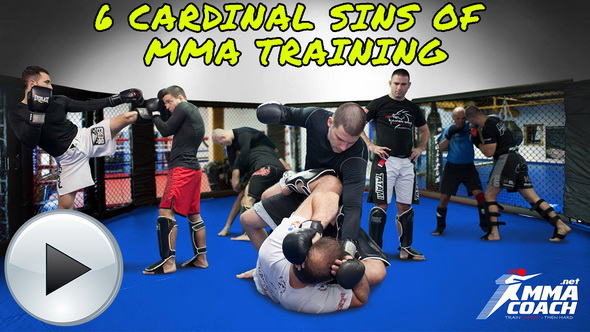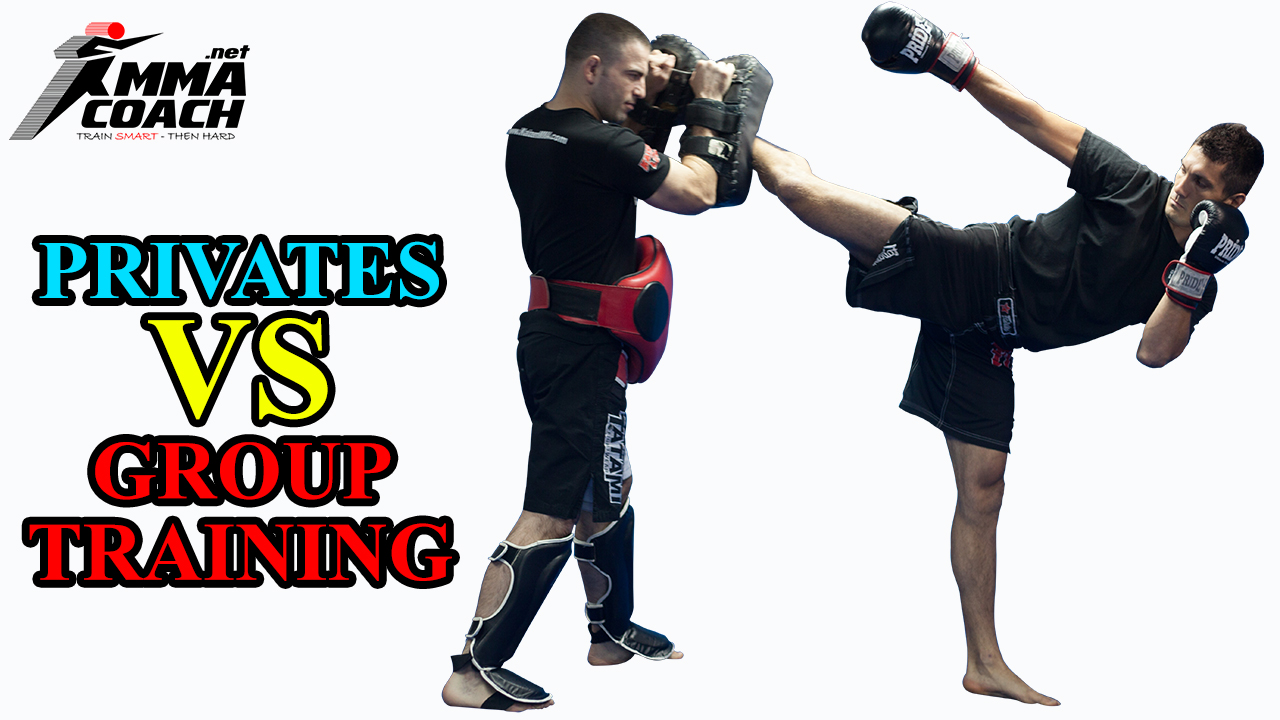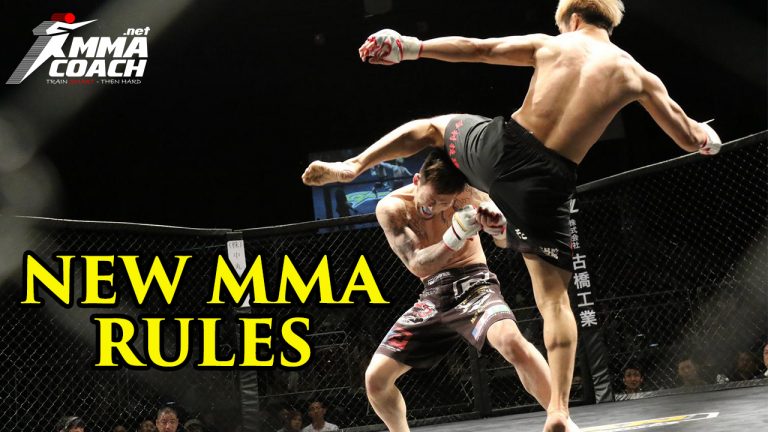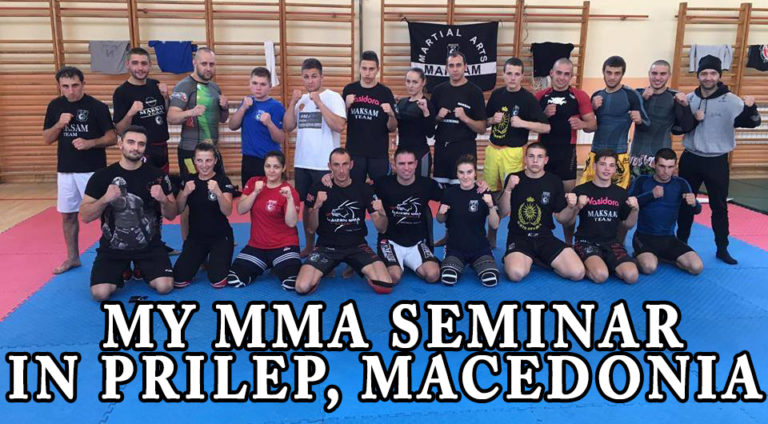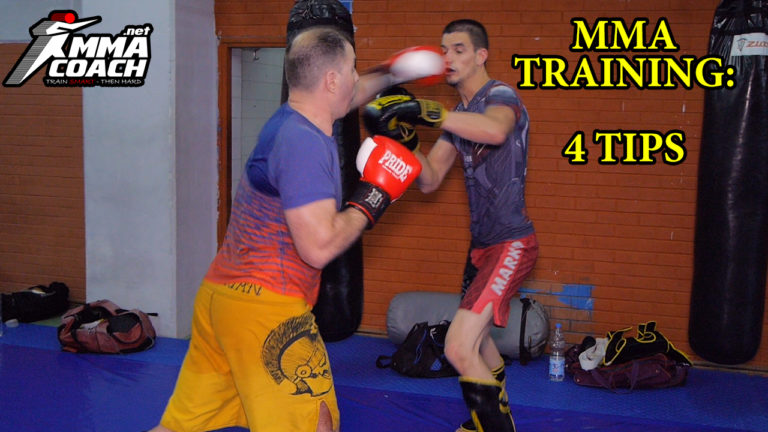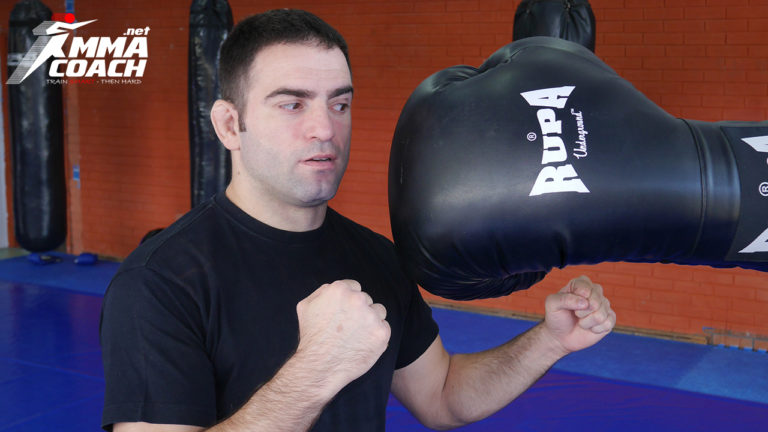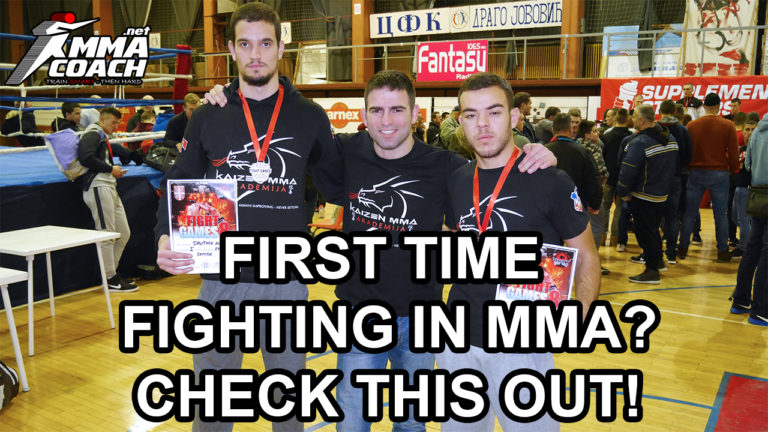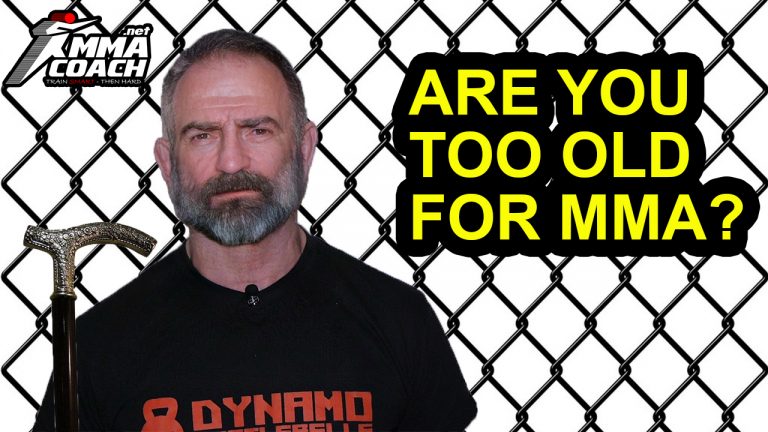Privates VS group MMA training: which is better for you?
Perhaps you’re thinking of joining a gym and start MMA training, but you’re not sure what kind of training is right for you. If that is the case, read on because today we’re discussing private vs group MMA training and which is better for you.
The short answer is – it depends on many factors, and the two are not necessarily exclusive.
I have recently stopped coaching group sessions after about 13 years and now I do privates only. I decided to do that for many reasons, and one of the main ones is that I want to be with my family in the afternoons and evenings. That is now possible since I no longer coach group sessions in the evening and only coach privates in the morning.
If you’re wondering which one is better for you, there are many factors to consider.
Are you comfortable training in a group environment?
Many people are not and are ashamed to be seen making beginner mistakes by other group members, so they opt for privates. Some do not feel comfortable in groups because of their age, meaning they are over usually over 35 years old and feel like they do not fit with younger people.
I know what you’re thinking. They are wrong and they should get over their false presumptions and just join the group. And I partly agree, but if they cannot do that and privates are the only way for them to experience MMA, then one-on-one training is the only option. Maybe later they can relax enough to join the group.
What is your mma training schedule like?

Some people like to train early in the morning, then proceed to their jobs and in the afternoons be with their families. So, they do their exercise first thing in the morning.
While there are group sessions in the morning in some gyms, it would be very difficult to find very early ones. My first private starts at 7 AM, and for some folks, it’s the only time they can, or wish, to exercise.
If you’re interested in better organizing your mma training schedule, I have an article/video on that subject.
Are you a competitor?
If not yet, are you striving to be one? If your goal is competitive preparation, there is no substitute for group training since different people will bring different kinds of challenges in sparring. And you need that to improve.

Does that mean competitors shouldn’t take privates? Absolutely not! Most combine privates with group sessions. Privates are invaluable for fighters since that is where they iron out the technical details. If you’re a pro, you must take both.
I use to take privates in Muay Thai, together with group sessions in other segments. I improved a lot from private sessions and implemented what I know during sparrings in group training and competitions as well.
Recently I saw a fight between Justin Gaethje and Donald Cerrone. Gaethje was a favorite to win the fight and he did just that by knocking Cerrone out. After the fight he was asked if he would train with Cerrone because they were friends. He answered the following:
“We can always spar. The only time I’m in the class with other people, other fighters, is sparring. Other than that, it’s wrestling with my college wrestling coach, hitting pads with my boxing coach and doing strength & conditioning.”
So, privates are very important even for a serious title contender like Gaethje.

Privates VS groups sessions: pros and cons
The main advantage of private sessions is that all of the coach’s attention is on you. So, you can improve on technical details more quickly. You can do that in a group too if you’re talented and perceptive, but since the coach is looking after the whole group, naturally his attention will not be all on you.
The downside of one-on-one training is that you don’t get to experience the wide variety of body types, styles, stances, levels of strength & conditioning and skill that different teammates possess. It can get boring if you only get drill and spar with one person.
How I keep things interesting in one-on-one mma training sessions
In my privates, I first teach a student the basics before we start sparring. In a very controlled manner of course. Sometimes I handicap myself meaning I deliberately refrain from doing some techniques.
If we wrestle, for example, I don’t do judo takedowns which is my base art. And I don’t try to dominate at all costs. I give them a chance while giving them enough resistance to stimulate their improvement.
The better they get, the more techniques I can start using on them in sparring, and it gets more difficult for them. I do go for domination sometimes so they can see how it feels and so they can learn how to deal with it physically, mentally and emotionally. I do it because a periodical ego check is a valuable lesson, not to discourage them or hurt them. It’s all done in a very friendly atmosphere.
On top of that, I can strike in both stances so it’s like them having two different sparring partners.
Making a private, or any kind of training interesting, is not just a matter of modulating sparring parameters like I just described, but other things too, but it is beyond the scope of this article. If you’re a coach, and you’d like to know more about this subject, let me know in the comments or email me.
Whatever you decide, take the factors I described into consideration and choose what’s best for you.
Which do you think are better for you, privates or groups sessions? And what is your experience with both? Let me know in the youtube comments.
MMA Coach Store
A HUGE 50% discount is currently available on all our products. Check it out.
-
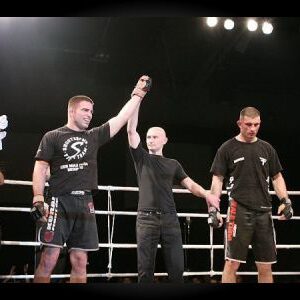 Product on saleMMA Striking Made EasyOriginal price was: $300.00.$180.00Current price is: $180.00.
Product on saleMMA Striking Made EasyOriginal price was: $300.00.$180.00Current price is: $180.00. -
 Product on saleTotal GNP BlueprintOriginal price was: $250.00.$120.00Current price is: $120.00.
Product on saleTotal GNP BlueprintOriginal price was: $250.00.$120.00Current price is: $120.00. -
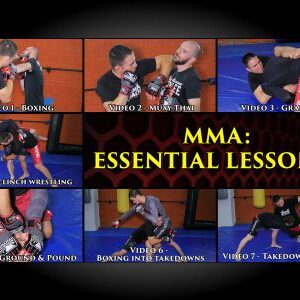 Product on saleMMA Essential Lessons 2Original price was: $280.00.$137.00Current price is: $137.00.
Product on saleMMA Essential Lessons 2Original price was: $280.00.$137.00Current price is: $137.00. -
 Product on saleMMA: Essential LessonsOriginal price was: $160.00.$77.00Current price is: $77.00.
Product on saleMMA: Essential LessonsOriginal price was: $160.00.$77.00Current price is: $77.00.
Six Cardinal Sins Of MMA Training
Sign up for our FREE video explaining 6 most common mistakes in MMA training. Fix them easily and see your MMA skills skyrocket.
